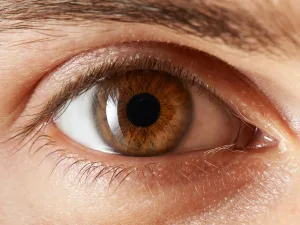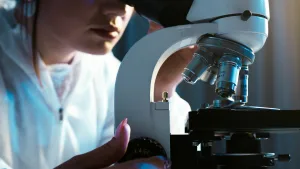For decades, ADHD (attention-deficit hyperactivity disorder) was seen as a condition affecting only hyperactive school-aged boys who couldn’t sit still in class. However, today, diagnoses are skyrocketing across all age groups, particularly among young and middle-aged women.
This shift raises a crucial question: Is ADHD truly a disorder, or is it simply a different cognitive style that modern schools and workplaces fail to accommodate? Instead of treating ADHD as a problem to be fixed, we should rethink how our environments can better support neurodivergent minds.
Why ADHD Diagnoses Are on the Rise
The rise in ADHD diagnoses doesn’t necessarily mean more people suddenly have it, it means more people are finally being recognized. Historically, ADHD traits were often dismissed or misunderstood, particularly in women and adults.
- Women and ADHD: Many women with ADHD have been overlooked because their symptoms present differently. Instead of hyperactivity, they may struggle with inattention, overwhelm, and emotional dysregulation.
- ADHD in Adults: The challenges of focus, impulsivity, and time management don’t disappear after childhood. Many adults realize they’ve had ADHD all along but were never diagnosed.
- Greater Awareness: Increased knowledge about ADHD, especially through social media and advocacy, has helped more people recognize their own symptoms and seek professional help.
ADHD Strengths: A Hidden Superpower
ADHD is often framed as a disorder, but many of its traits can be incredible assets when nurtured in the right environment. People with ADHD are known for:
Creativity & Innovation: Many entrepreneurs, artists, and visionaries have ADHD. Their ability to think outside the box leads to groundbreaking ideas.
Hyperfocus: While ADHD can make it hard to focus on boring tasks, it also enables deep focus on topics of interest, leading to high productivity in areas of passion.
Resilience & Adaptability: Many ADHD individuals develop creative problem-solving skills to navigate life’s challenges.
High Energy & Enthusiasm: When engaged in the right work, their energy can be contagious and drive projects forward.
Rather than suppressing these traits, we should create environments that leverage them.
Rethinking Schools: Education That Works for ADHD Minds
Traditional schools often prioritize rigid schedules, long lectures, and standardized testing—methods that don’t align with how ADHD brains function best. Here’s how schools can adapt:
- Flexible Learning: Allow movement, hands-on activities, and interactive lessons.
- Varied Teaching Methods: Visual aids, gamification, and storytelling help ADHD students retain information.
- Shorter, More Engaging Tasks: Breaking work into smaller segments prevents burnout and boredom.
- Supportive Teachers: Understanding ADHD as a cognitive difference, not a behavioral issue, leads to more effective teaching strategies.
When schools embrace neurodiversity, ADHD students thrive.
Workplaces That Work for ADHD Employees
The workplace can be just as challenging for ADHD individuals. The 9-to-5 grind, rigid deadlines, and repetitive tasks often lead to burnout. But companies that support neurodivergent employees benefit from their creativity and problem-solving skills.
Ways workplaces can be more ADHD-friendly:
- Flexible Work Hours: Allowing employees to work during their peak focus times increases productivity.
- Task Variety: ADHD minds excel when given diverse, engaging projects rather than monotonous routines.
- Supportive Tools: Using apps, reminders, and visual task boards helps ADHD employees stay organized.
- Understanding Leadership: Managers who recognize ADHD strengths can assign roles that align with an individual’s skills.
By making small changes, businesses can unlock the full potential of neurodivergent employees.
The Future: Embracing ADHD as a Strength, Not a Disorder
Instead of seeing ADHD as something to “treat,” we should recognize it as a different way of thinking that can be incredibly valuable when supported correctly. Schools and workplaces need to evolve to accommodate neurodivergent minds, not force them to fit outdated systems.
#ADHD #Neurodiversity #MentalHealth #Productivity #Education #WorkplaceInnovation




+ There are no comments
Add yours